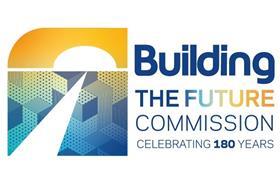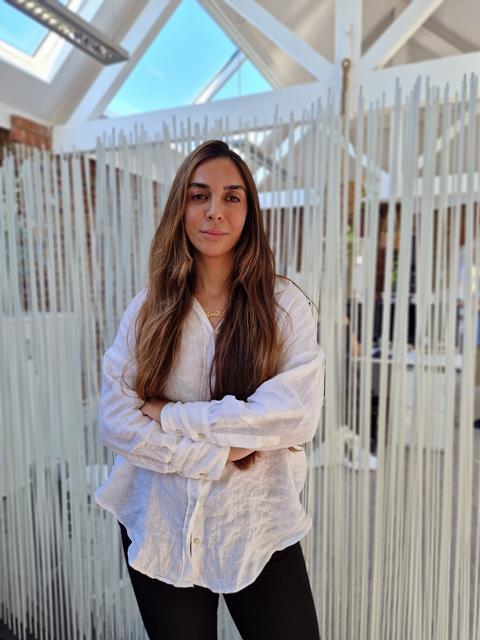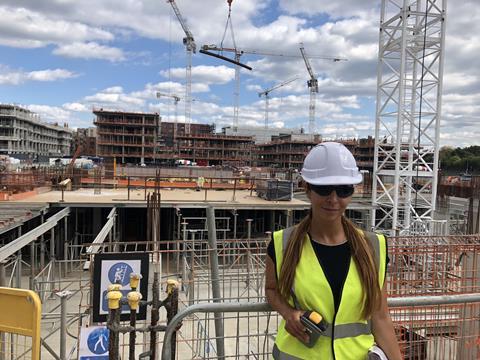The industry includes an impressive range and variety of roles – but unless you are on the inside it can be hard to know how to break in, let alone progress to the top. In this new series, we talk to professionals about their often surprising career twists and turns


How long have you been working and what is your current job?
I have been in the construction industry for six years and have worked in various sectors including infrastructure, commercial, residential and educational buildings. I have worked with contractors as a site engineer and project manager and in consultancies as a structural designer. I am currently working as a structural engineer at Symmetrys.
What were your first career ambitions? (Would your 16-year-old former self be surprised at what you’re doing now?)
I always wanted to be a dentist! My sister is a dentist and the plan was to open our own clinic. I studied dentistry for a year and then had to stop as my father was diagnosed with cancer and I just could not cope mentally with what was going on with him.
After a one-year break, I realised that I couldn’t do anything further in medical school! I didn’t want to see people in pain, which might be the wrong approach, but that was how I was feeling at the time.
When did you first start thinking about a career in construction and why?
After the break from medical school, I started studying conservation and preservation of ancient buildings – art always made me feel better. I was born in in the city of Isfahan in Iran, a centre of art and culture. After that, I decided to pursue a degree in architecture.
My father was a bright oil and gas engineer. He was very successful and achieved many brilliant awards during his career. After I lost him, I decided to do a second degree in engineering and follow in his footsteps.
I moved to London by myself from Iran to study engineering at the City University of London.
Who or what helped you get where you are today?
Hard work and my mum’s endless mental support! I am glad that I joined Symmetrys – with their flexible approach and similar mindset, I am doing research into steel reuse in collaboration with London South Bank University as part of my Master’s degree final project. I want to make a difference and engineering allows me to do that.
Did your choice of subjects/qualifications in education help or hinder you getting a job in the sector?
Doing an engineering degree has helped me to get a job in this sector.
Have you had to overcome any other barriers to get where you are today?
There are always people who don’t believe in you for various reasons. But, if you have goals and work towards them, you can do anything. I don’t believe in the word “barrier’’ – it doesn’t exist!
What do you know now about the industry that you wish you knew when you were at school?
I didn’t appreciate that it is possible to be creative in engineering and it’s not all based on logic!

What surprised you about the industry as a new starter?
There are not that many female engineers around. I didn’t expect that. At university we didn’t have too many female engineers either but, in a professional capacity starting on site, I was the only female engineer.
It was not only a surprise for me but a surprise for all my colleagues as well. We should normalise the idea of female engineers on site and in engineering in general.
What are the best and hardest bits of your job?
The best part is when the project comes to life. We build homes and we build life. What else could be more beautiful and satisfying? The hardest is doing a part time Master’s degree while working full time.
For someone coming through the school system now, what advice do you have about choosing a construction-related career?
If you like this industry, nothing can stop you – just go for it. I started working on site to get a flavour of the toughness of engineering and then I transitioned to a design office.
Grab opportunities as they come and don’t be afraid to change careers if you don’t enjoy what you are doing. Life is short!
What one thing would you change to make finding a career in the built environment sector easier?
I find it discouraging when jobs advertise graduate roles but then question the lack of industry experience on your CV. How can a recent graduate have experience? Giving opportunities to graduates is important; we all have to start from somewhere.


























No comments yet